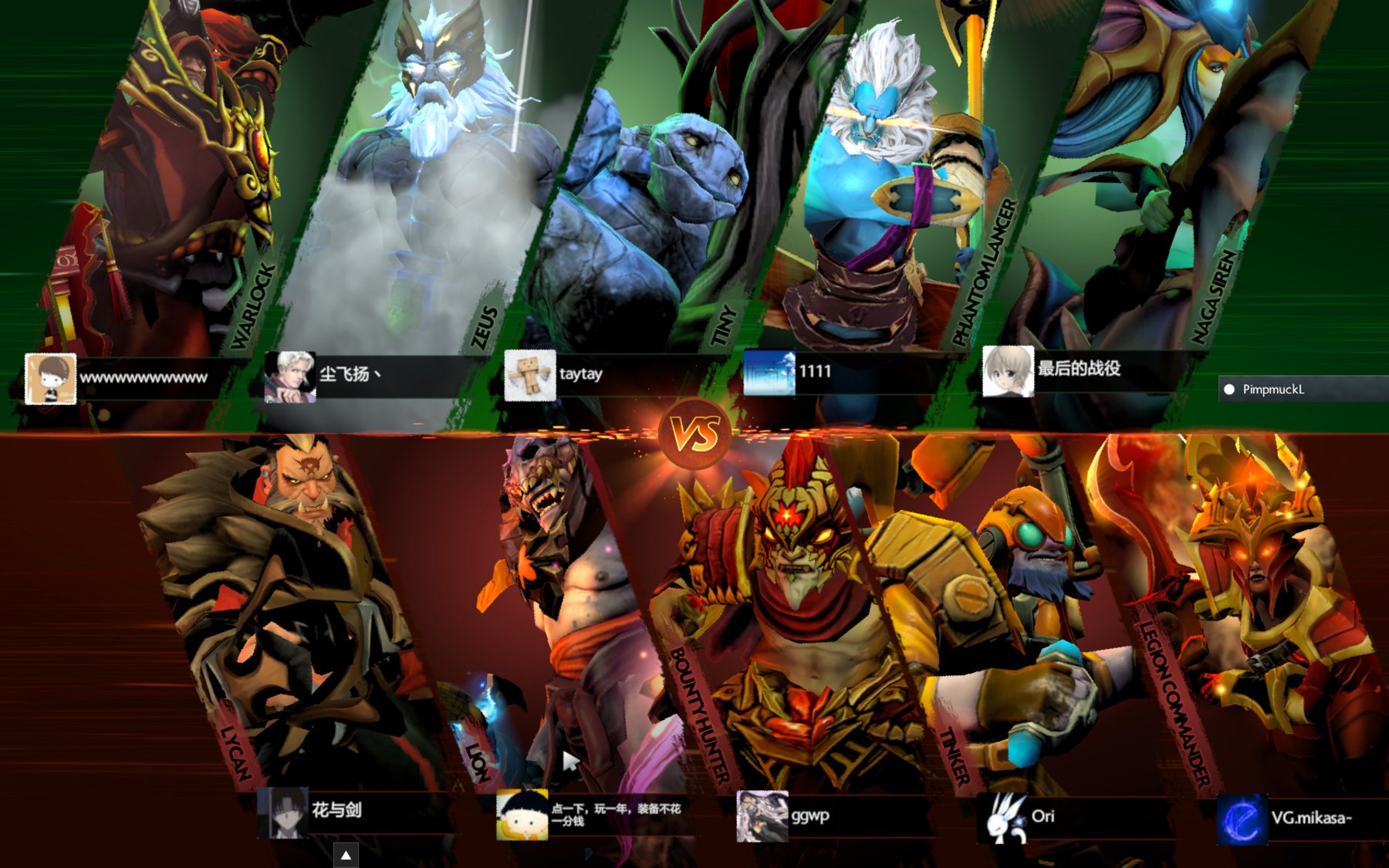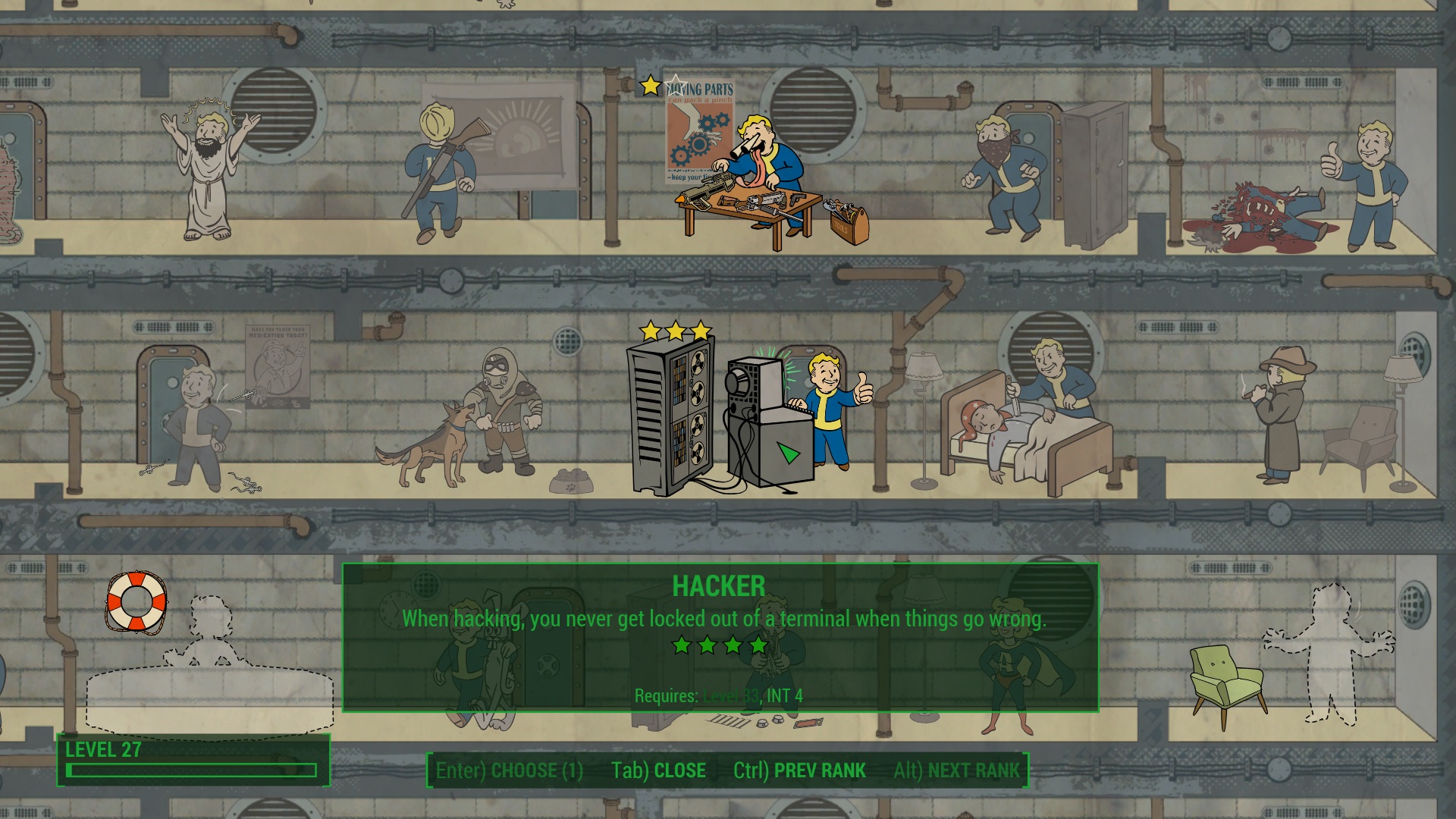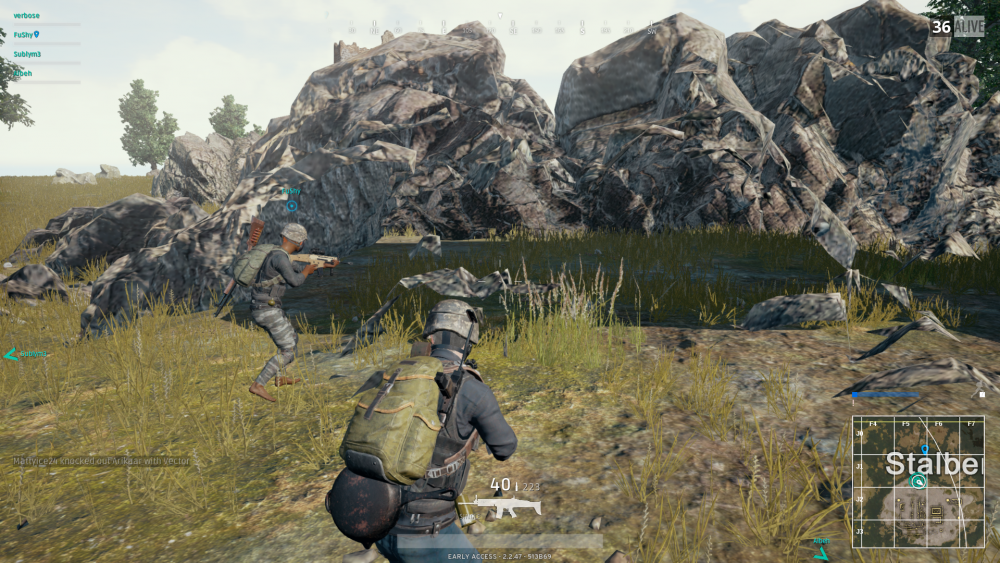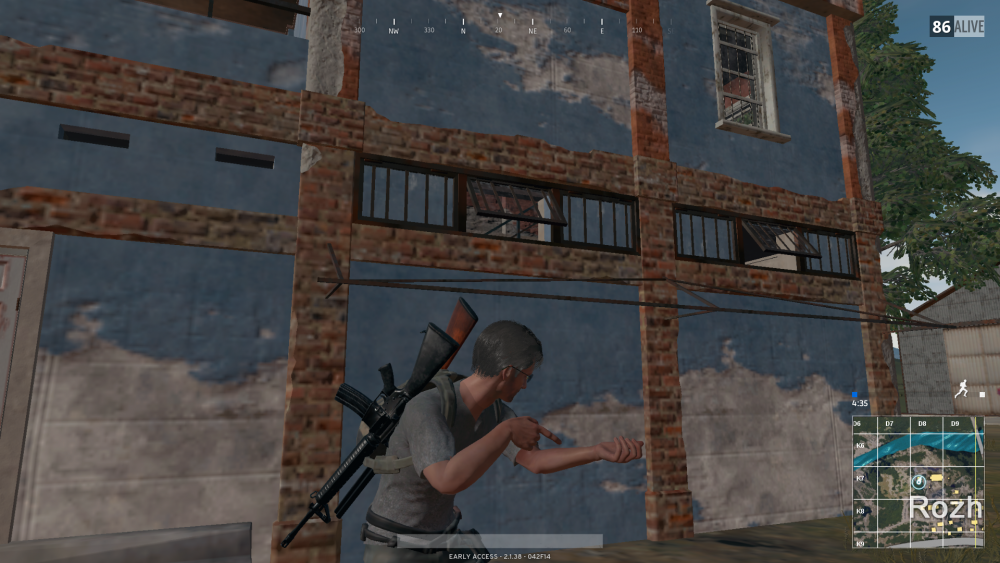 This is an addendum, of sorts, to Twenty Seven. While this will (hopefully) make plenty of sense without reading that first, I’d still recommend it.
This is an addendum, of sorts, to Twenty Seven. While this will (hopefully) make plenty of sense without reading that first, I’d still recommend it.
Yours truly, back in February:
Or on a more personal note, maybe life’s too short not to travel the world. Too short to have to reconcile giving up what you enjoy doing for the faint promise of career progression. Too short to not go to The International every year, or not get to one esports event in a different country. Too short to not spend time with family and friends. Too short to not talk to that pretty girl you like. Suddenly, you’re not sure what you should be doing any more, and all because life’s too short.
You — where I, of course, really mean I — could probably cross a few things off that list without worrying about what happens next. It’s (mostly) just money, after all, and you only live once.
Unfortunately, like most people I wasn’t born into wealth, and like most people will have to earn every cent I want to spend. Which probably means picking and choosing what I want to do, the places I want to go, and perhaps most importantly, the experiences I want to have. Provided I stay gainfully employed there’s probably nothing stopping me from doing an overseas trip every few years, or having an interstate jaunt a couple of times per year.
A little while back I read about spending money on experiences, not things, and it’s the same wisdom I’ve attempted to impart on others. Being a technology enthusiast is particularly terrible in this regard, because there’s always a cool new toy to buy, but lately I’ve been doing OK about justifying the things I purchase, carefully weighing up their value versus the use I’ll get out of them and a myriad of other factors, including how much I want other, perhaps more expensive, things.
My iPad Pro? Probably on the wrong side of that scale, but by the same token, my original generation iPad mini was no longer supported by the latest version of iOS, and was a little long in the tooth. My iPhone X? I think this was an OK purchase, but it’ll be better when I sell my old iPhone 7 that I had picked up the year before. (I know, I know. Don’t tell me about it.)
So yeah, life’s too short to worry about money. By the time you think you have enough of it to live comfortably, you’re wondering where the years went. Before you know it, you’re too old and frail to really enjoy the places that you probably should have been when you were still young. So you get to choose between travelling as a broke youth, travelling comfortably during your twilight years, or whatever happy medium you decide to settle for.
Which brings us to… Dota 2.





